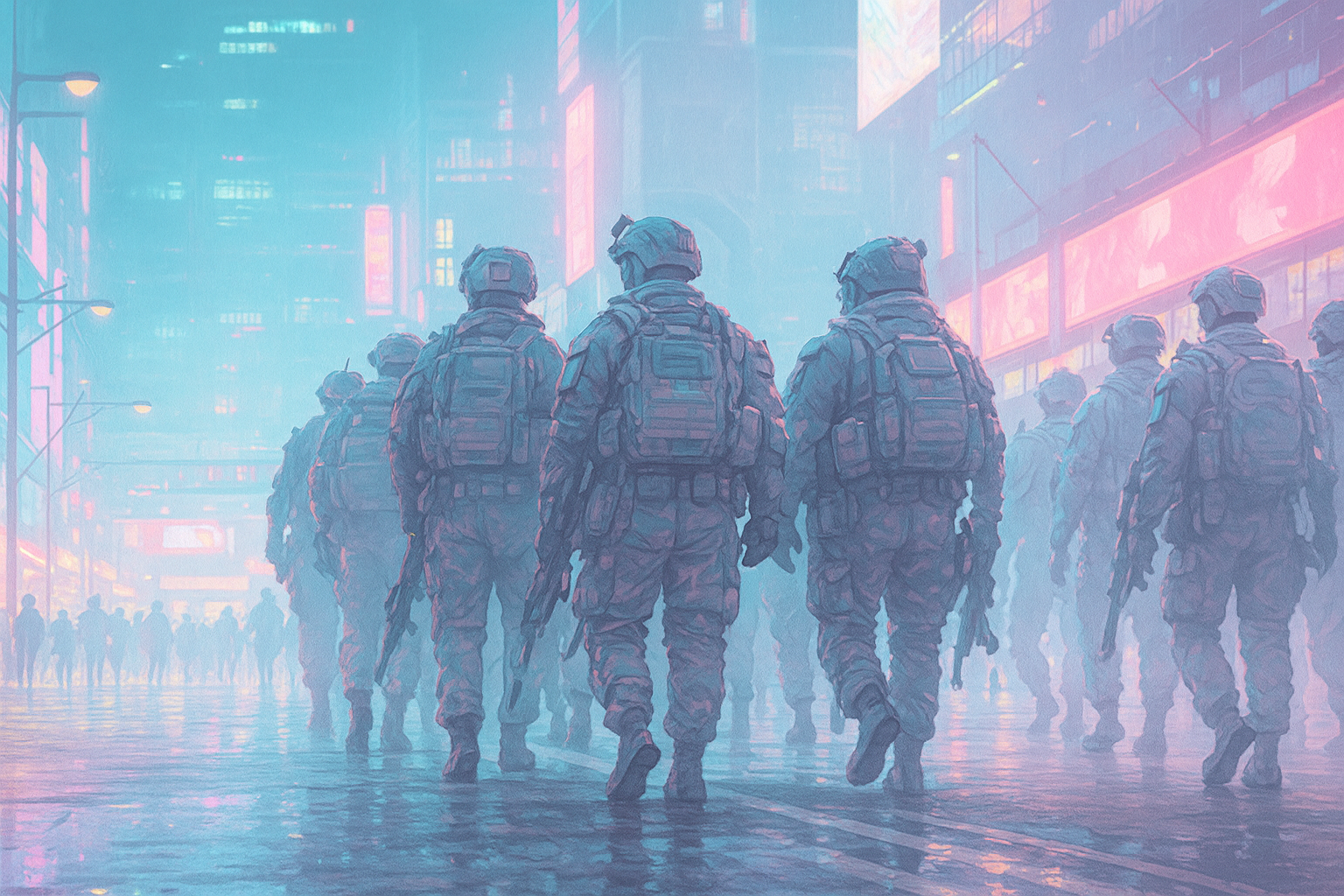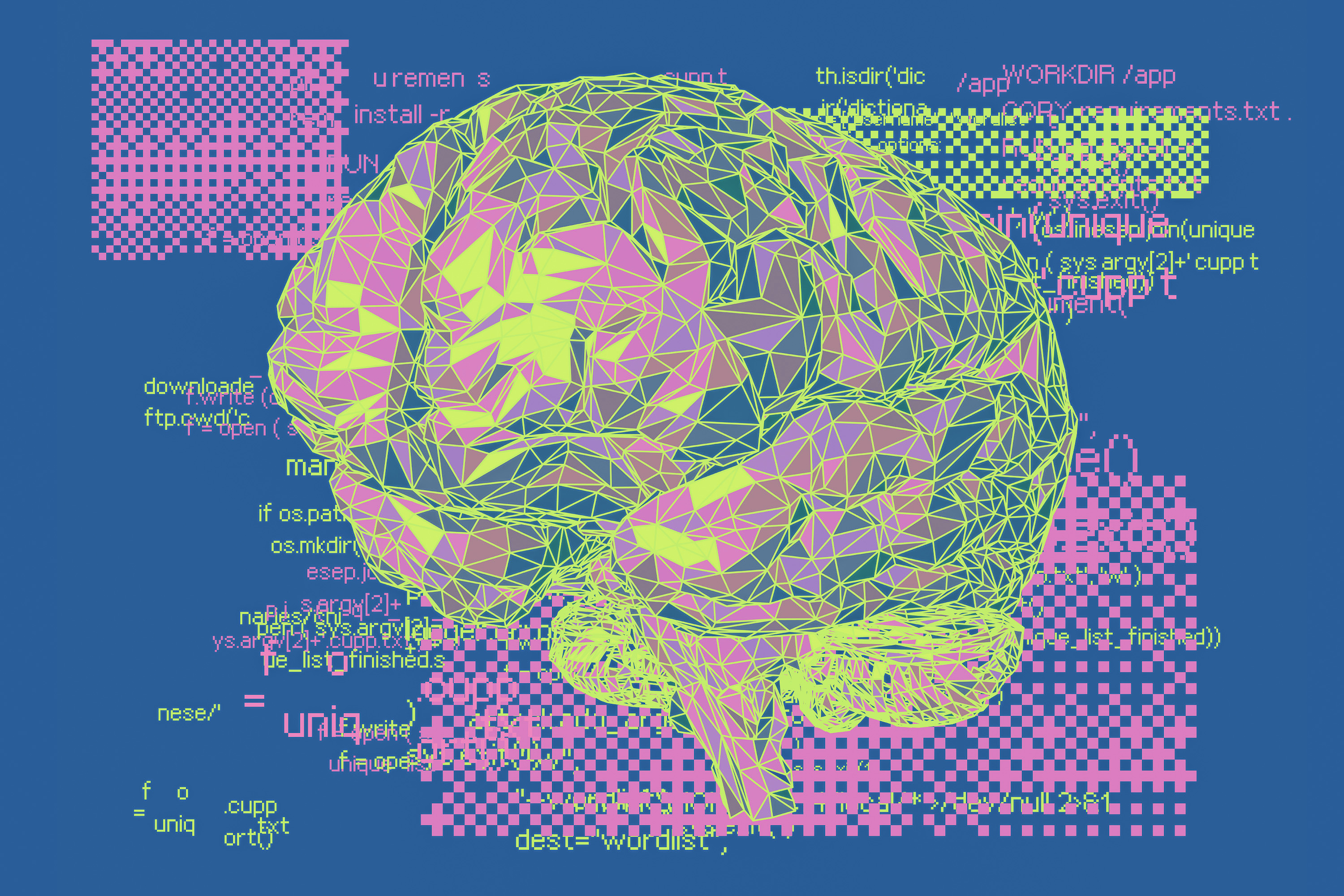




As of September 2024, the first MA degree in Magic and the Occult will be offered by Exeter University. Alas, there are no charms or potions classes; instead, the schedule reflects a rising interest in folklore and traditional sources of knowledge. Some of the offered courses include: Magic in Ancient Greece and Rome, folklore, and the history of science and medicine. The selection of courses reflects a larger societal shift towards epistemologies permeated by ideas some would name traditional knowledge, and others, new age mysticism. But why are we so bewitched by magic in the 21st century? Perhaps this program in Magic and the Occult is being fueled by an increasingly volatile world, a search for a better connection to nature's rhythms, and a wish for increased self-sufficiency. In this context we flick the wand of magical thinking to restore our feelings of agency.
The collective experience of the Covid-19 pandemic has exacerbated and problematized the general disconnectedness between humans and nature. When forced to live the reality of isolation stemming from a primarily digital life, the importance of embodied community, resilience and genuine human connection became all the more poignant. In the Global North, this feeling added to an ongoing tendency of decreased organized religion memberships and a growing concern for the environment, leading ultimately to a search for spiritual belief systems that provide a sense of connection to nature.
Furthermore, many 'witchy' pursuits align with prominent contemporary frameworks such as post-humanism, postcolonialism and feminism. All of these lines of thought invite the exploration and incorporation of alternative ways of thinking and being; which embrace relational ontologies and highlight the interconnectedness of all forms of life. This is a welcome sight when living the contradiction of, on one hand, having the promises of technocracy and personal autonomy, and on the other, the alienating and lonely reality of a life actually guided by these principles. We're living in the information age and the result is a presumption that everything is knowable. However, in times of crisis, life can seem nonsensical and the idea of knowing everything starts sounding arrogant, and even a little boring.
In a time of mass extinction, one could believe that witches are an endangered species. However, in the margins of society, witchcraft has never vanished, but silently crept from one generation to the next. Nevertheless, the practice has long been threatened — the fear of inquisition trials might be in the past, but the fear of ridicule isn't. Anyone claiming to practice magic is vulnerable to general mockery and perhaps even the status of social pariah. Nevertheless, that somehow doesn't keep us from knocking on wood, making wishes when blowing out birthday candles or even checking our horoscopes from time to time. In the book The Myth of Disenchantment, Jason Josephson-Storm challenges the modern notion that science has replaced magic and instead investigates how it came to be that humanity, especially the Western portion of it, came to believe in the myth of being 'post-mystical'.
It's official, rationality is passé — the cool kids are now endorsing a postrationalist turn, which aims to reintroduce to our priority lists the less quantifiable elements of what it means to live a good life. The times call for something new, something outside of the box, something exciting — and that's a call magic is all too happy to answer. The approach to 'magical thinking' we see on the rise is utilitarian at its core, focusing on what one could gain from it, rather than any underlying belief systems and its claim to truth. It appears that in times of 'post-truth' whether people actually believe in the colorful concepts of the occult is not acutely relevant. But after all: What could one gain from associating with the supernatural? Firstly, interest, the 'je ne sais quois' factor — people seem more interesting if they are out of the ordinary. Secondly, we have the 'nothing to lose factor' — without the fear of godly rath or devilish temptation associated with magic the worst possible outcome of the pursuit of 'witchcraft' or adjacent practices is superfluity.
Fundamentally, humans crave the supernatural, be it fairies or aliens. The common phrase 'reality beats fiction' rings particularly true as discussions get progressively weirder on Reddit, cryptozoology (the search for Loch Ness Monster or Bigfoot for example) goes viral on TikTok and NASA tries to rebrand UFOs (they are called UAP now, unidentified anomalous phenomena). If this movement seems all over the place, it's because it is, as are all things online. The phenomenon is amorphous and ever-moving, creeping along backchannel networks of private group chats, slithering through Discord servers and lurking in Zoom rooms. The inhabitants of these liminal spaces?– the metatribe. Who exactly comprises the metatribe is hard to say, what they do have in common is their concern with bridging the gap between mental and embodied life.
The discussions and conversations flourishing in the liminal web are relevant insofar as these narratives have power to shape our worldview, and consequently the world itself. After all, rationalists and postrationalists alike agree on the generative powers humans, and in particular the narratives we create, have on the world around us. For instance, one of the functions of legend in society is to capture and cope with culture-wide fears and anxieties. Folklore is a defining characteristic of humanity and mutates along with it; nowadays originating and disseminating through the internet, leading to creatures such as Slenderman becoming pop culture staples. One of the big sources of appeal of folklore (the lore of the folk) is the shared sense of community created through the act of sharing stories around the fire, literally or metaphorically — a ritual as ancient and powerful as magic itself.
In the effort to visualize our connections and consequent co-created reality, the artistic collective UVA created the installation Synchronicity, which explores through the ways in which we are all intertwined, including the ways in which we are connected through digital life. One piece illustrates beautifully the process of folklore creation: it shows the most common word combinations on search engines, linking collective online activity to the Jungian concept of the collective unconscious, the psychic space inhabited by humanity's shared experiences, memories and symbols. Could AI actually be a manifestation of the collective unconscious, as it reflects the imaginary of humanity? Or, is it rather a type of collective consciousness comprising an 'average' opinion informed by a data basis of knowledge?
One more of Jung's concepts is trending at the moment — 'shadow work' — a quest towards making oneself whole by embracing the shadow as well as the light; the irrational as well as the rational. Perhaps the rising interest in magic and the occult is a reflection of humanity engaging in its 'shadow work' and going ahead on its road toward self-improvement. After all, as a society, we are obsessed with the idea of manifesting our best selves. Plus, it feels good to be powerful.


